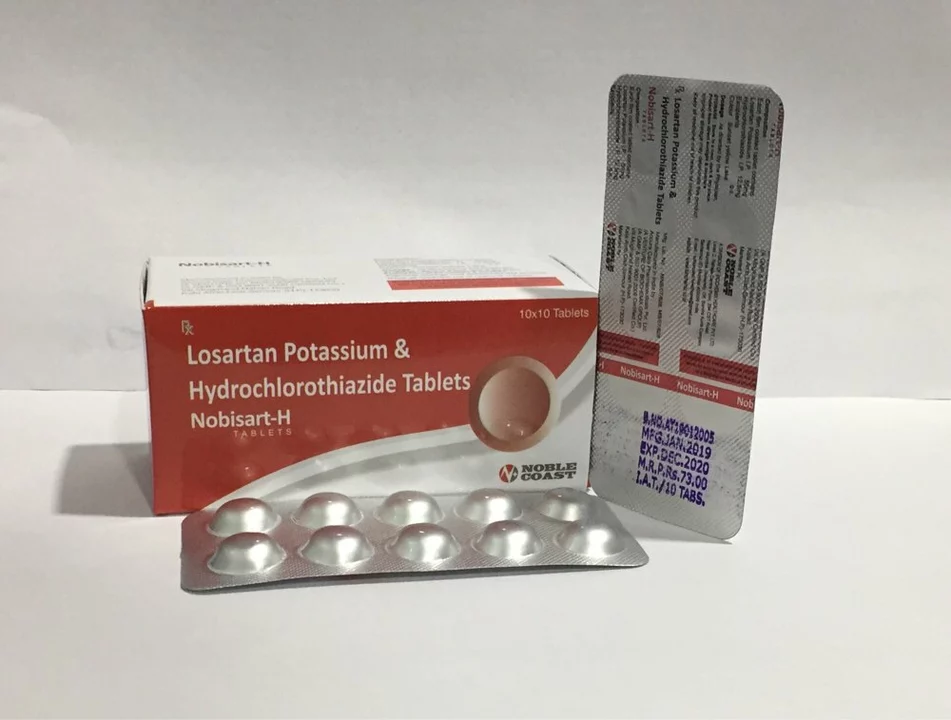Medication: How to Use, Buy, and Store Medicines Safely
Medications can fix problems fast — or cause trouble if used the wrong way. This page gives straight, useful guidance you can apply today: how to take meds properly, how to buy them safely online, and how to avoid common risks like bad interactions or counterfeit products.
Taking meds the right way
Read the label and follow the directions. Sounds obvious, but dose timing, food instructions, and how long to take a drug matter. If your doctor says "take with food," do it — some drugs irritate the stomach or need fat to absorb. If you miss a dose, check the leaflet or ask your pharmacist; some drugs you skip and take next time, others need different handling.
Keep a simple chart or use phone reminders for daily meds. Many treatment problems come from missed doses. For drugs with narrow safety windows (blood thinners, thyroid meds, some antidepressants), small timing changes can cause big effects. Talk to your prescriber before changing dose or stopping — sudden stops can be harmful for several drugs.
Know the common side effects and what needs urgent care. Mild nausea or drowsiness can be expected for some medicines. Trouble breathing, swelling, fainting, or signs of severe allergy require immediate help. If unsure, call your doctor or local emergency number.
Buying and storing medicines safely
If you buy meds online, verify the pharmacy. Look for a physical address, pharmacist contact, valid license, and clear prescription rules. Our site has a guide on how to verify online pharmacies — use it before you buy. Avoid sites that sell prescription drugs without asking for a valid prescription.
Watch for unusually low prices or no-contact delivery — those are red flags for counterfeits. Check packaging when it arrives: broken seals, different colors, or missing leaflets can mean trouble. If anything looks off, don't take the medicine and contact a pharmacist or local regulator.
Store meds as the label says. Most pills do fine at room temperature in a dry, cool place away from sunlight. Some need refrigeration. Keep medicines out of reach of kids and pets. Dispose of expired or unused meds safely — many pharmacies offer take-back programs.
Ask questions. Bring a complete list of your medicines (including supplements) to every appointment so your provider can check for interactions. If a new medicine seems unnecessary or you worry about side effects, ask about alternatives or lower doses. Medicine should help you — and you should feel comfortable asking how and why it’s being used.
Want practical how-tos? Explore our articles on verifying online pharmacies, common drug guides, and safe storage tips for step-by-step help tailored to real situations.


